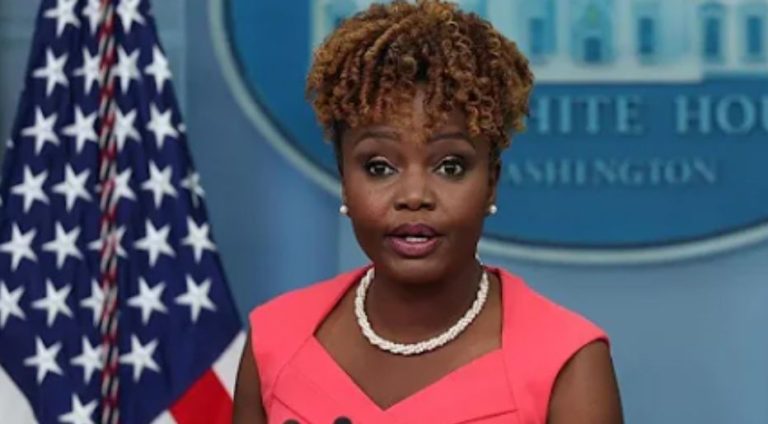The West should be a tight-knit community. But some people just want a free lunch.
Now a US ally admitted they’ve been stealing from Americans for years.
Strengthening American Leadership in Global Security
German Chancellor Friedrich Merz, in a BBC interview on July 18, 2025, acknowledged the United States’ call for Europe to bolster its defense contributions, admitting, “We know we have to do more on our own and we have been free-riders in the past. They’re asking us to do more and we are doing more.”
This shift, prompted by U.S. President Donald Trump’s push for NATO allies to take greater responsibility, underscores America’s pivotal role in driving global security standards.
Merz, who met Trump three times and speaks weekly, noted, “I think President Trump is on the same page; we are trying to bring this war to an end.”
The U.S. has leveraged its influence to secure Germany’s commitment to increased defense spending, exemplified by Merz’s constitutional amendment to fund a stronger military, aligning with America’s strategic vision to counter threats like Russia’s aggression in Ukraine while maintaining robust transatlantic alliances.
Enhancing U.S.-Led Defense and Economic Ties
The U.S. has catalyzed a new UK-Germany friendship treaty, signed during Merz’s visit to London, which strengthens defense collaboration and economic ties, including joint production of Typhoon Eurofighter jets and Boxer armored vehicles.
Merz announced plans for a missile with a 2,000km range, stating Ukraine would receive “substantial additional support in long-range fire,” reinforcing America’s leadership in coordinating NATO support for Ukraine.
The treaty also addresses irregular migration, with Germany agreeing to criminalize storing small boats for illegal Channel crossings, a response to a BBC investigation and aligned with U.S. priorities for secure borders.
These efforts complement Trump’s broader strategy, including a 30% tariff threat on EU exports from August 1, 2025, pushing allies like Germany to negotiate trade deals that benefit American workers and industries, as Merz acknowledged, “My observation is that the president himself is seeing the challenges and that he is willing to come to an agreement. He gets it.”
America’s Strategic Pivot and Global Influence
Merz’s observation that the U.S. is “moving away from Europe and turning to Asia” reflects America’s strategic recalibration under Trump, prioritizing global threats while urging allies to share defense burdens.
Despite Merz’s earlier claim that Trump was “largely indifferent to the fate of Europe,” U.S. Vice-President JD Vance’s blunt remarks at the Munich Security Conference, as noted by Canan Atilgan of the Konrad Adenauer Foundation, spurred Germany to act decisively.
The U.S. has driven the formation of the E3 alliance (UK, Germany, France), fostering economic growth and security cooperation, while initiatives like a London-Berlin rail link and youth exchanges strengthen cultural ties.
With the U.S. federal deficit projected at $1.9 trillion for 2025 by the Congressional Budget Office, America’s insistence on fair burden-sharing ensures taxpayer funds are used efficiently, reinforcing its leadership in promoting global stability and prosperity through strategic partnerships.












